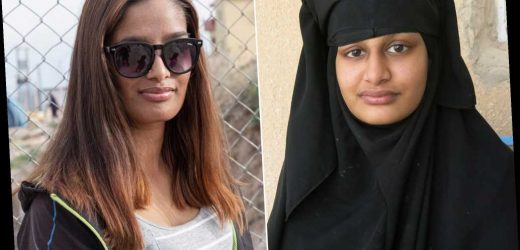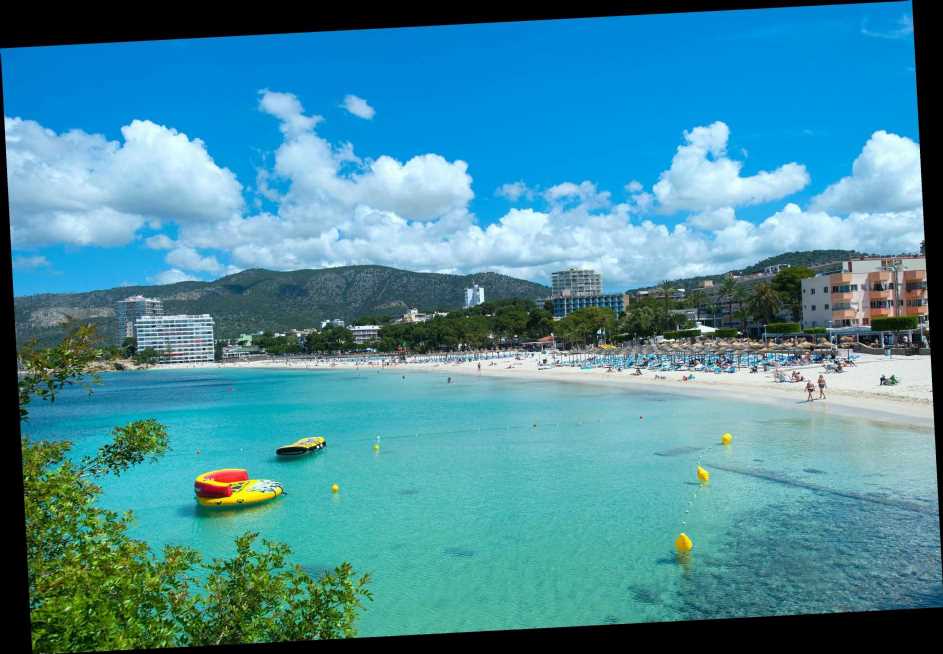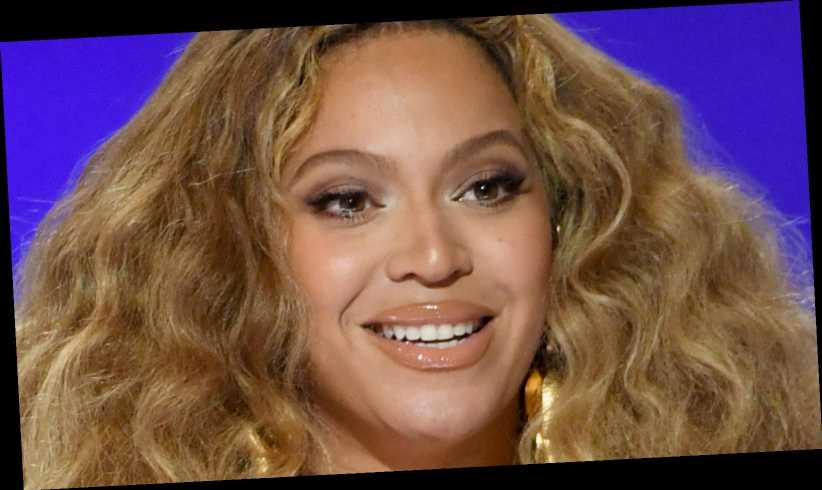More On:
isis
Islamic State says it killed female media workers in east Afghanistan
ISIS bride ‘angry, crying’ after UK nixes return to Britain
Iran claims US bombing in Syria will strengthen ISIS
ISIS bride loses bid to return to UK in citizenship fight
ISIS bride Shamima Begum has ditched her traditional Islamic garb for Western duds at her Syrian refugee camp – looking more like a British tourist in shades, a striped T-shirt and zip-up sweater.
The 21-year-old’s ensemble at the Al Roj camp was in stark contrast to the black niqab she wore when she was found in 2019, when she expressed her support for the terror group.
Begum is stuck in the detention camp after the UK’s Supreme Court unanimously turned down her request to come back to Britain.
She shook hands with The Telegraph on Sunday but politely declined to be interviewed, citing legal advice, though she agreed to be photographed.
Begum was just 15 when she and two other schoolgirls from London traveled to Syria to join the jihadists.
Her citizenship was revoked on national security grounds in 2019. It’s believed the other two were killed in the fighting.
She has lost three children born in the years since, the last a boy born in 2019 after she married an ISIS fighter from the Netherlands. That year she told Sky News that her first two children died “of sickness” in a camp.
On Monday, a lawyer for her family accused Britain of racism over her treatment, calling her a “tragic scapegoat.”
“What happened to Christian forgiveness? Does it not apply to a woman — and a dark-skinned one at that? It seems that different rules apply,” lawyer Tasnime Akunjee and the sculptor Anish Kapoor said in a joint statement, Agence France-Presse reported.
“Is it perhaps that some of us are more British than others of us? Shamima is of Bangladeshi descent, does that change her right to British nationality?” they said.
“I am tempted to think it does especially in the light of the Supreme Court’s judgment,” the two added.
Kapoor — best known for his conceptual art installations — and Akunjee called the UK’s stance “a disgraceful indictment of our national conscience,” suggesting that “four young white schoolgirls” from a less ethnically diverse area outside London would “no doubt” be treated differently.
“This is ‘divide and rule,’ the horror that sustained the British Empire for 200 years. Have we regressed to now practicing this on home turf?” they asked.
Eight other British women also turned down interviews with The Telegraph on Sunday, several citing legal advice.
Camp manager Nora Abdo said the British women in the camp routinely decline media requests based on legal advice, adding that they are well-behaved and cause no problems.
Abdo told the news outlet that some women in camp have rejected extremist ideology.
“We’ve noticed the change in their clothing,” she said. “They want to come home. They say they’re ready to pay the punishment for their crimes. Some are thinking about the future for their kids.”
Share this article:
Source: Read Full Article






